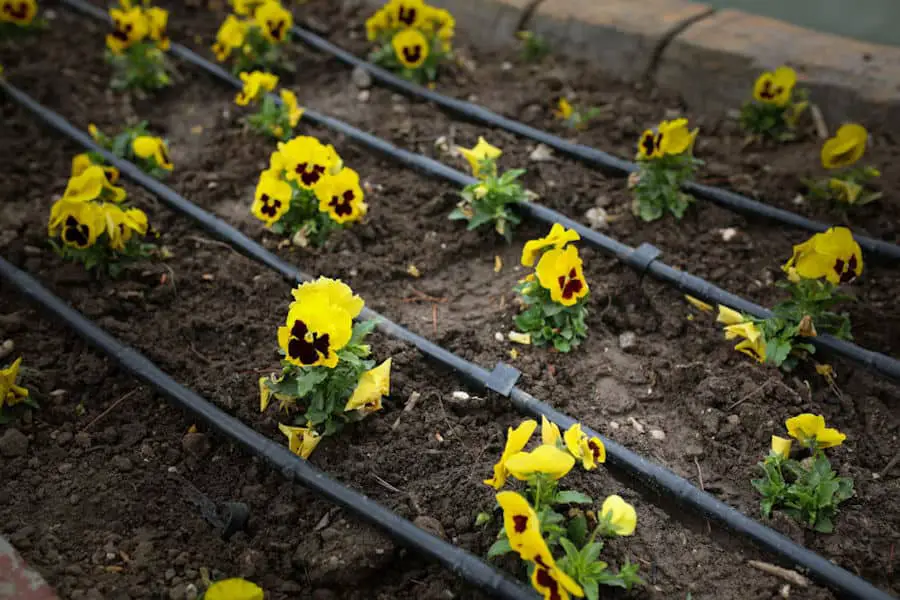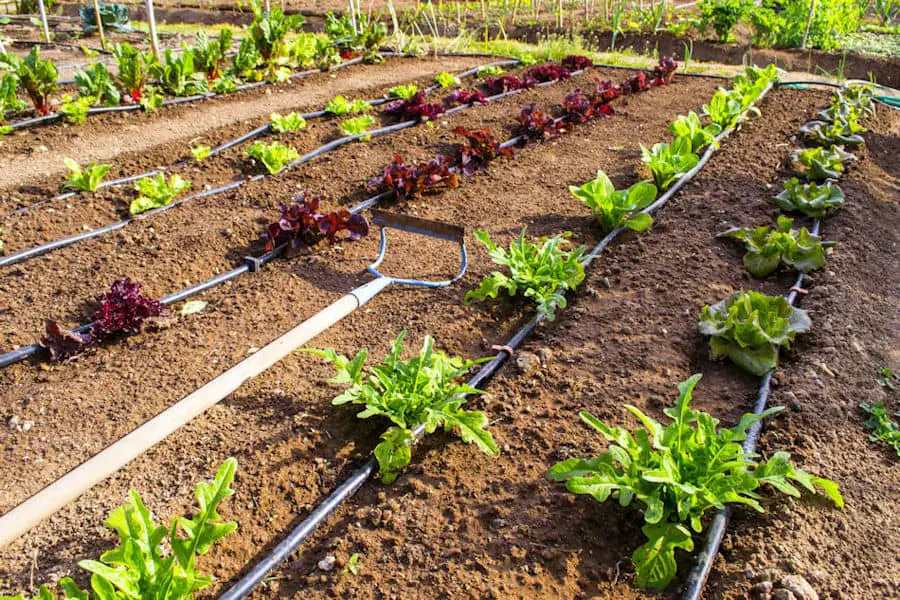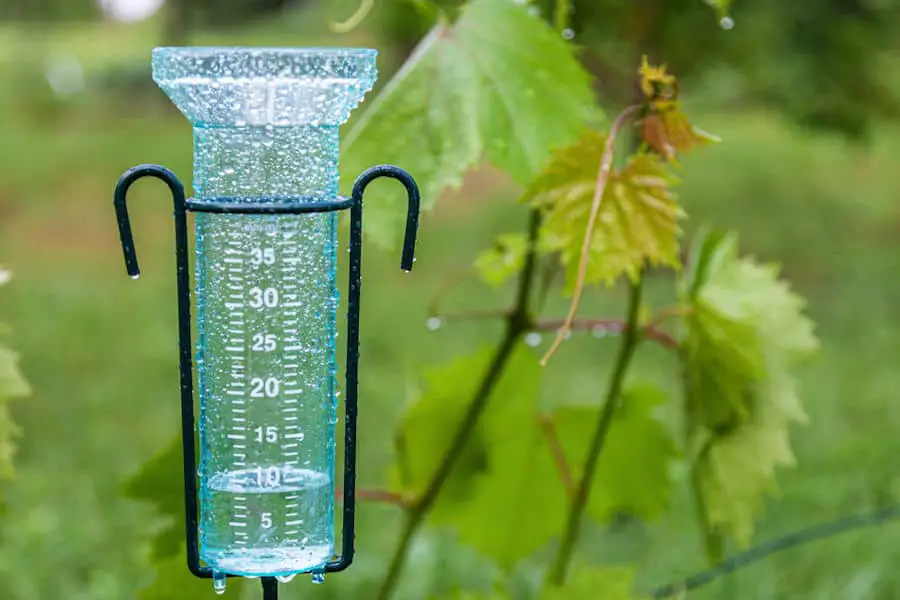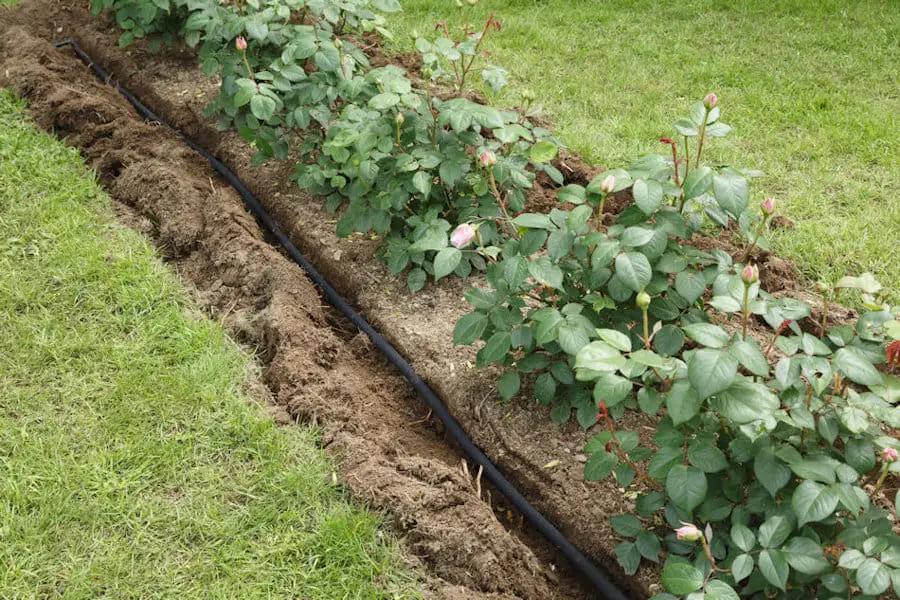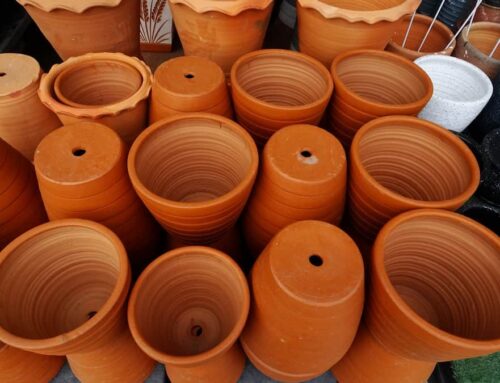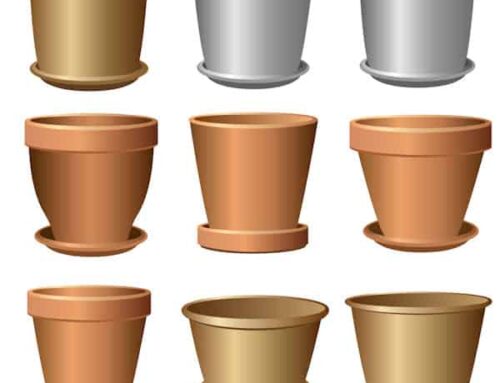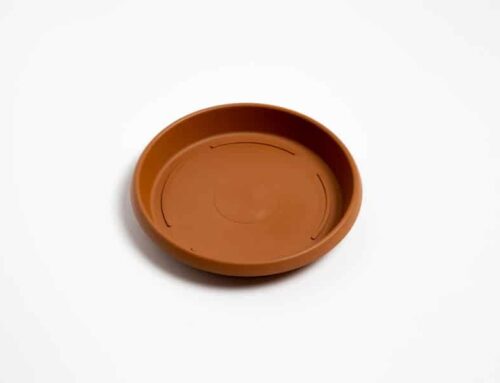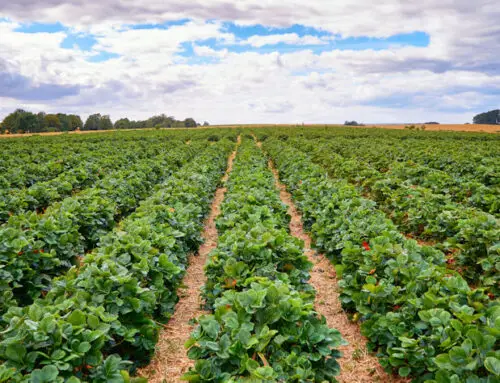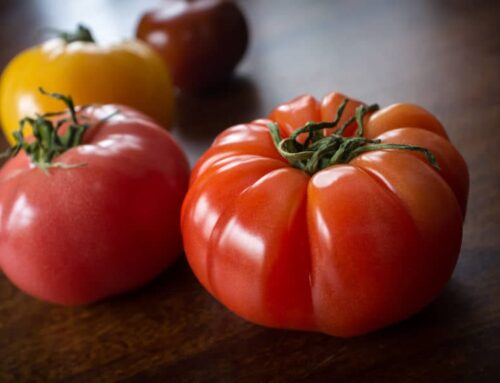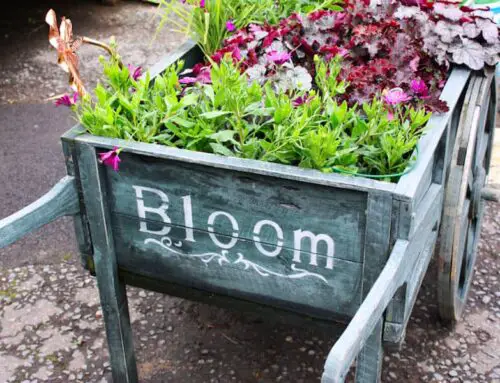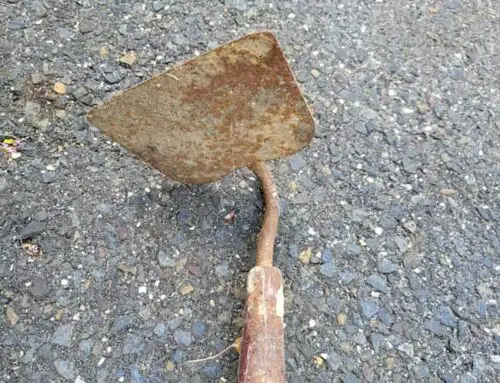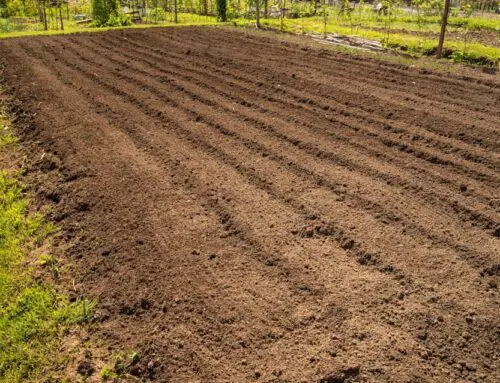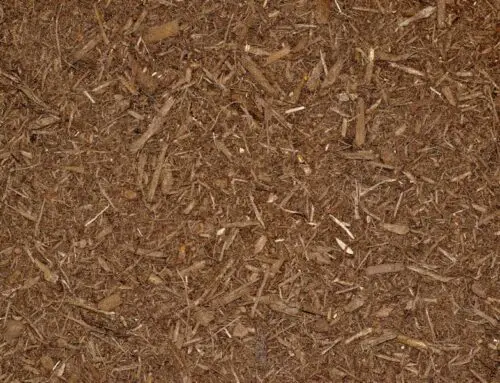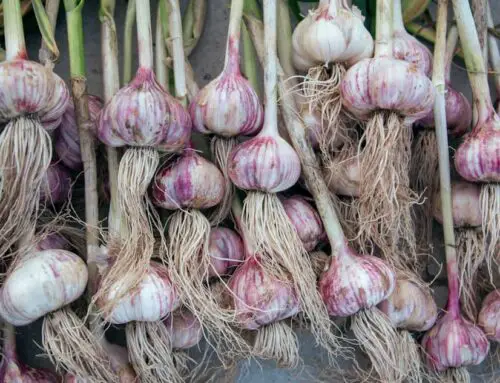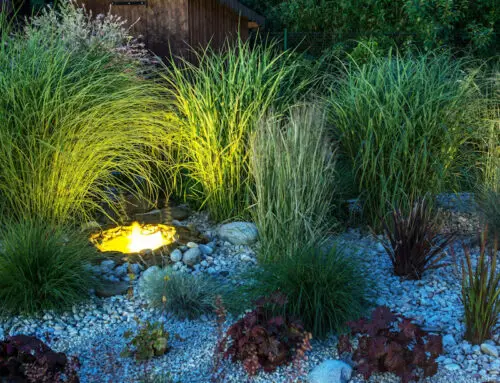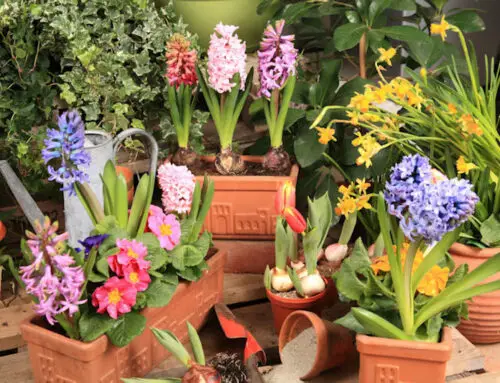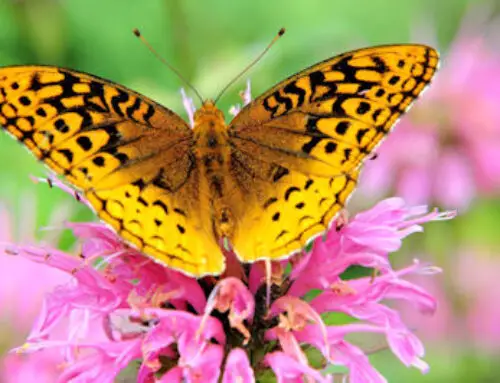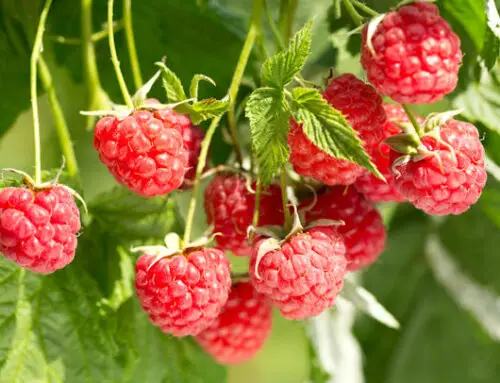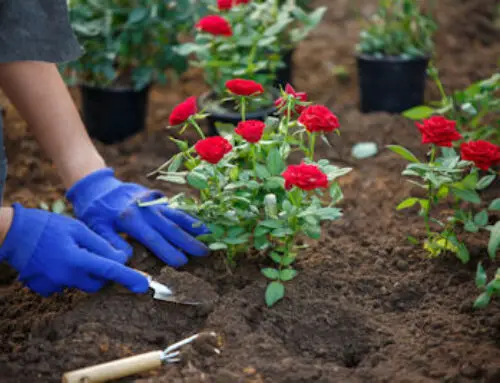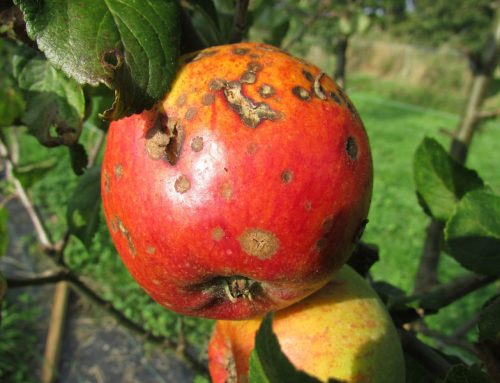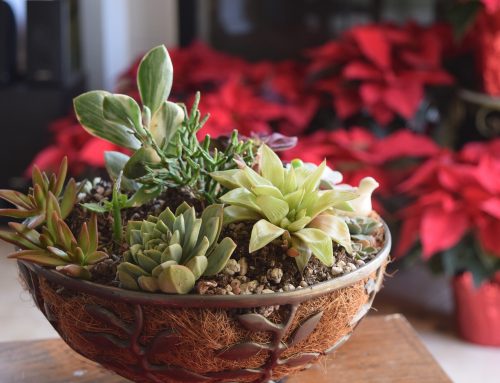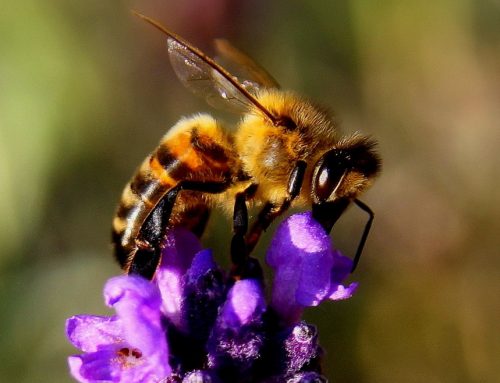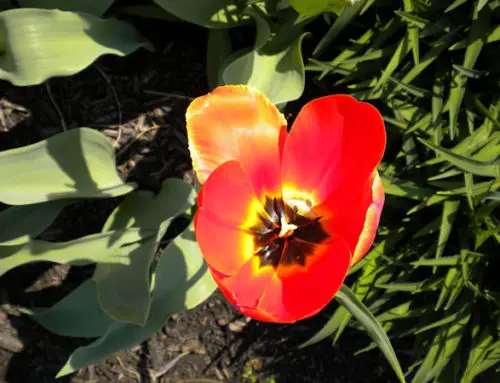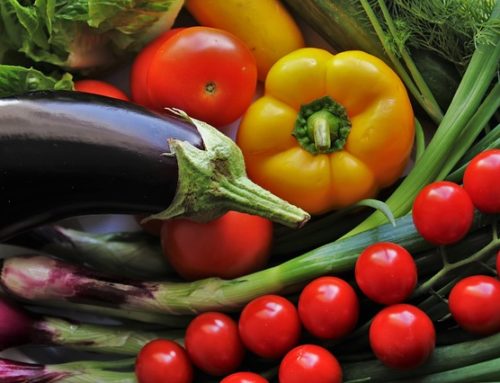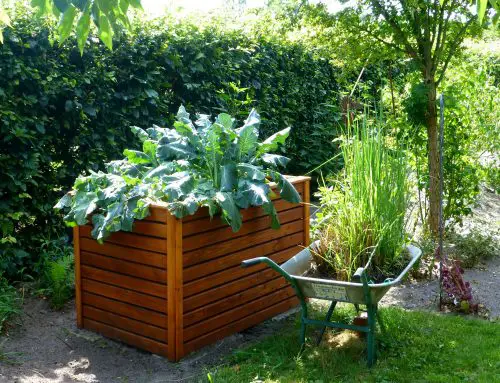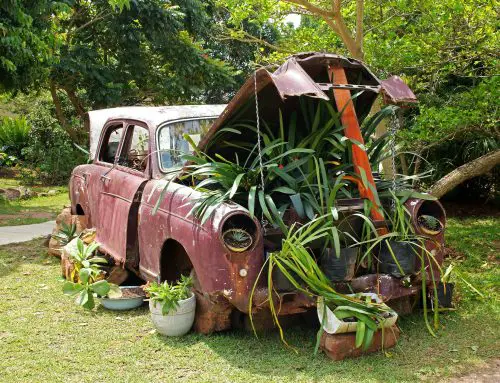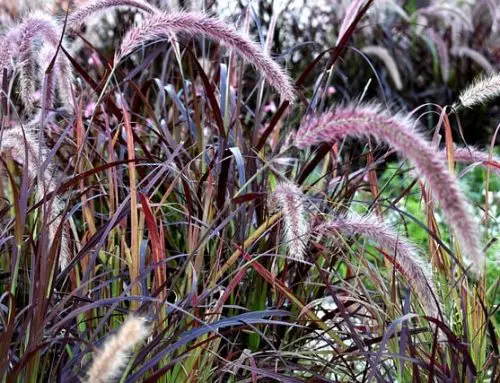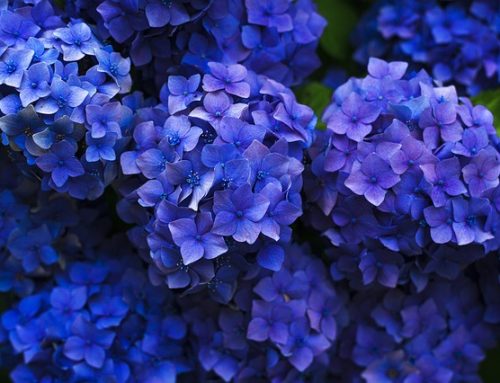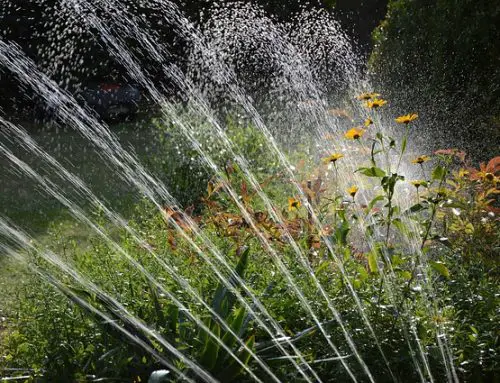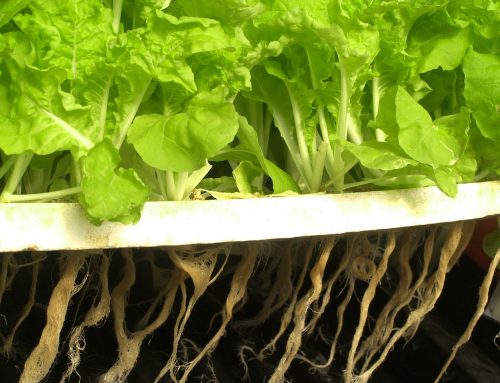Having a garden is a therapeutic, relaxing pastime that allows you to get some fresh air and exercise along with fresh food! But growing a garden also brings with it many questions along the way. One of the most important questions is how often should I water my garden?
You want your plants to thrive with life, which therefore necessitates watering them. But on the other hand, you don’t want to drown them with too much water. There is a preferred method of watering that will get you and your plants the best possible chance at healthy growth.
Water your garden once a week with a deep soaking drink of water, which is preferable to several shallow waterings a week. This allows the roots to grow strong and promotes plant growth. Use a soaker hose or drip irrigation system to drop the water at the root of your plants rather than on the leaves.
Watering your garden is a simple process and giving it an adequate amount of water is all a matter of paying attention to the natural world of your yard and especially your soil. Weather changes along with the seasons, and the water needs of a garden can vary depending on the type of plant you are watering and the climate in which you live. Read on for some tips that will keep your plants both hydrated and healthy.
How Often to Water Vegetable Garden
A good rule of (a green) thumb is that you should water your vegetable garden once a week, soaking the ground near the roots. Though some people like to water plants from above, water evaporation makes this technique inefficient.
Most plants require one to two inches of water each week to grow healthy and viable. This includes both rainfall and the water from your hose, so if you are experiencing a rainy week, you will not have to water as much yourself.
When you first plant your vegetables, take great care to water plants really well at the beginning as the plants get started. This will ensure that they grow strong roots and robust vegetables. This is the most critical time for plants as they get used to the soil and experience the shock of being planted, so take great care with this step.
The size of the plant also matters. Big plants require more water because their bodies are bigger, and they need an adequate water supply to help them grow strong roots.
Vegetable gardens prefer one long soak rather than a bunch of smaller waterings per week. By using a soaker hose or drip irrigation system and offering 1-2 inches of water at one time, the roots will be able to process that water more easily, leading to more robust growth. This will obviously need to be tweaked if your region is in the middle of a drought or you are experiencing a plethora of piercingly hot days.
Soil Types and Climate
Consider the soil in which your vegetables are planted. If your garden is sand-based, it is not very dense and therefore will not hold a lot of water. You will need to water more frequently to keep your plants hydrated and moist.
Clay-based soil has a density that allows it to retain water better, and therefore you will need to water less frequently if your soil is clay-based. In either case, adding mulch to your garden is a great way to help the soil retain water so you do not have to water as frequently. Mulch acts as an evaporation barrier that keeps the soil moist without allowing the water to evaporate as quickly.
Along with the type of soil, consider the climate in which you live and the weather forecast when deciding how much to water. During really hot spells you will need to water more frequently to keep the plants from wilting. If the weather is cooler, however, your plants will likely be better at retaining the water.
The best techniques for watering a vegetable garden sometimes remain elusive for first-time gardeners. Your natural instinct is to water the leaves of the plants since that is what you can see, but getting the leaves wet, especially if you water late in the day, can lead to the plants rotting or growing fungus.
Instead, water the plants close to the roots with a soaker hose or a drip irrigation system. The best time to water is early in the morning or in the late afternoon, with 6-10 am being the ultimate time of day to water for best results. Avoid the hot sun of the day, which could scorch the leaves, or the evening, which could promote fungus growth.
How Do I Know How Much Water My Garden Is Getting
Clearly, it is important to ensure that your garden is getting enough water, and simply watching the water come out of the hose is not enough. A rain gauge which can be purchased at garden stores is an accurate reading of how much water your garden is actually receiving.
If you want to be even more low-tech, a straight sided container and a ruler will also do the trick of helping you to see how much water your plants are actually receiving.
Checking the soil is another integral method to determine if your plants are getting enough water. Touch the top 3 inches of soil with your finger to see. The soil should be moist, and requires more water if it is not moist to the touch.
How Often Should I Water My Flower Garden
A flower garden is very similar to a vegetable garden in terms of watering. Water once a week, ensuring that your flower garden gets 1-2 inches of water per week, including rain water.
Since many of the flowers people tend to plant are delicate, giving them the adequate amount of water they need to help the new plants get established is an excellent way to help them thrive.
Other critical watering times include in the heat of summer when plants are scorched by the hot afternoon sun. Take care that in extremely hot periods you are watering your plants more frequently.
How Often Should I Water My Container Plants
If instead of a garden plot in your yard, you are enjoying a patio garden, then watering this will require a whole different technique. Because a patio garden has such a small amount of dirt in it, you need to water more frequently. With your hose at the base of the plant, give your container plant a good drink of water every day. If it is a scorcher of a day, you might also want to water in the early morning and the late afternoon.
Water Wisdom
Many gardeners get overzealous about watering and might want to water flower or vegetable plants several times a week. But the best way to maintain healthy, robust plants is to water plants deeply once per week. Watering early in the morning is the best time of day, and having a garden with mulch will ensure that the water lasts and does not evaporate. Proper watering is key to your vegetable and flower gardens thriving, and is a fairly simple process to undergo.

